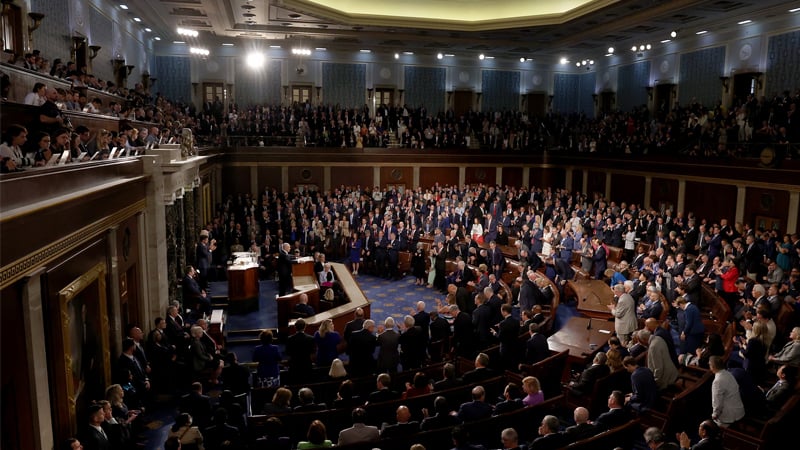
For decades, the American people have been forced to pay an enormous amount of money and to divert a tremendous amount of resources to counter a superpower that collapsed because communism cannot work, build a country from the top down in Afghanistan, overthrow the government of Iraq, and to try to topple several other countries to correct for the destabilizing effects of overthrowing that government in Iraq, all while militarizing the countries around Iran, Russia, and China in a vain attempt to get those governments to calm down.